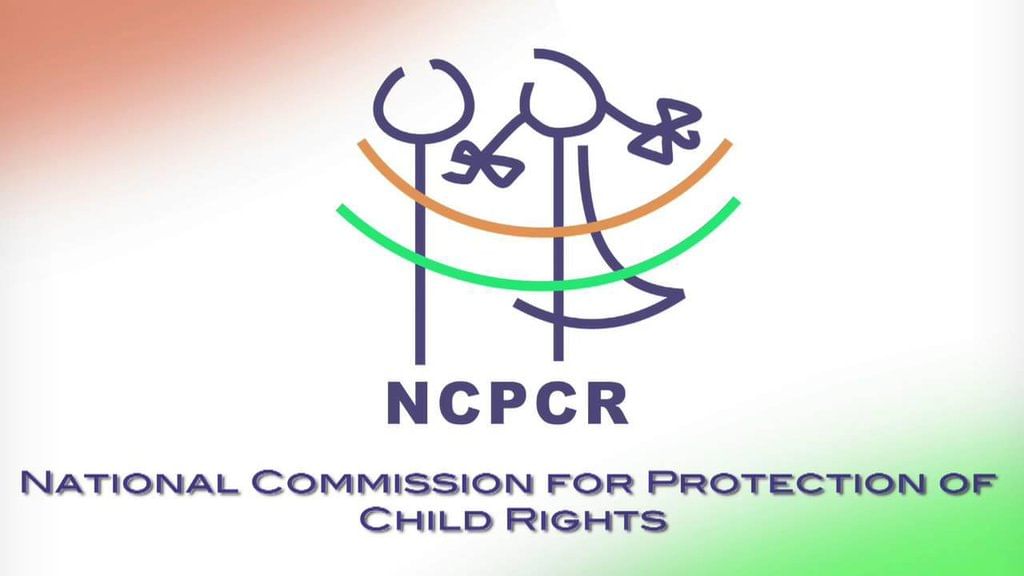PIB Summary- 15th October, 2024 | PIB (Press Information Bureau) Summary - UPSC PDF Download
National Commission for Protection of Child Rights

Context
The National Commission for Protection of Child Rights has sought action against an app for allegedly disseminating explicit and objectionable material, including content targeted at children.
About NCPCR
- It is an Indian statutory body that was established in 2007 under an Act of Parliament – the Commission for Protection of Child Rights Act, 2005 – and works under the auspices of the Union Ministry of Women and Child Development (WCD).
- Its mandate is to ensure that all laws, policies, programmes, and administrative systems conform to the vision of children’s rights (ages 0 to 18 years) as enunciated in the Indian Constitution and the UN Convention on the Rights of the Child.
- The Commission envisions a rights-based approach that pervades national-state-local policies and programmes.
- As a result, the Commission envisions the state playing an indispensable role in ensuring o Children and their well-being, o Strong institution-building processes, o Respect for local bodies and decentralisation at the community level, and greater social concern in this direction.
Composition of NCPCR
The commission consists of the following members:
- A Chairperson
- Six other members
Functions the National Commission for Protection of Child Rights (NCPCR):
The National Commission for Protection of Child Rights (NCPCR) carries out the following functions:
Safeguards:
- Examines and reviews safeguards provided by or under any law and recommends measures for their effective implementation.
- Reports on the operation of those safeguards to the Central Government on an annual basis and at any other times deemed appropriate.
Investigation and Study:
- Investigates child rights violations and suggests legal action when necessary.
- Studies treaties and other international instruments and reviews existing policies, programs, and provides recommendations on child rights.
- Promotes research in the field of child rights.
Public Education and Advocacy:
- Educates the public about children’s rights and raises knowledge of the safeguards that can be used to defend these rights through publications, the media, and other available channels.
- Promotes, respects, and gives children’s opinions significant attention in its work and in the work of other government departments and organizations working with children.
- Creates and distributes information on children’s rights.
- Compiles and examines child data.
- Encourages the inclusion of child rights in the school curriculum, teacher preparation programs, and training for other professionals who work with children.
- Examines all barriers preventing children from exercising their rights in the wake of terrorism, intergroup conflict, riots, natural disasters, domestic violence, HIV/AIDS, trafficking, maltreatment, torture, and exploitation, as well as pornography and prostitution, and recommends appropriate corrective measures.
Complaints and Suo Moto Actions:
- Inquires into complaints or takes suo moto notice of matters related to deprivation and violation of child rights, non-implementation of laws providing for the protection and development of children, non-compliance with decisions, instructions, or policies intended to lessen hardships for children, ensure their wellbeing, and offer relief to such children, or takes up the issues arising out of such matters with appropriate authorities.
Power of the National Commission for Protection of Child Rights (NCPCR):
The commission has all the powers of a civil court under the Code of Civil Procedure, 1908 while inquiring into any matter that falls under the CPCR Act, 2005.
- The commission is authorized to exercise the following powers:
- Summoning and enforcing the attendance of any person.
- Discovery and production of any document.
- Receiving evidence on affidavits.
- Requisitioning any public record or copy thereof from any court or office.
- Issuing commissions for the examination of witnesses or documents.
The Commission is authorized to forward any case to a Magistrate having jurisdiction to try the same.
Tele-MANAS
Context:
The Jawaharlal Nehru Institute of Postgraduate Medical Education and Research (JIPMER) has introduced the “TeleMANAS” (Tele Mental Health Assistance and Networking Across States) toll-free helpline, providing counseling services for individuals experiencing mental distress.
About Tele-MANAS:
Tele-MANAS will be organised in two tier system;
- Tier 1 comprises of state Tele-MANAS cells which include trained counsellors and mental health specialists.
- Tier 2 will comprise of specialists at District Mental Health Programme (DMHP)/Medical College resources for physical consultation and/or e-Sanjeevani for audio visual consultation.
About MANAS:
- It is a comprehensive, scalable, and national digital wellbeing platform and an app developed to augment mental well-being of Indian citizens.
- It integrates the health and wellness efforts of various government ministries, scientifically validated indigenous tools with gamified interfaces developed/researched by various national bodies and research institutions.
- It is based on life skills and core psychological processes, with universal accessibility, delivering age-appropriate methods and promoting positive attitude focusing on wellness.
- Developed by National Institute of Mental Health and Neuro Sciences (NIMHANS) Bengaluru, Armed Forces Medical College (AFMC) Pune and Centre for Development of Advanced Computing(C-DAC) Bengaluru.
- Catering to the overall wellbeing of people of all age groups, the initial version of MANAS focuses on promoting positive mental health in the age group of 15-35 years.
Aim:
- To build a healthier and happier community, to empower it to nurture its innate potential for building a Swasth and Atmanirbhar Bharat.
FAQs on PIB Summary- 15th October, 2024 - PIB (Press Information Bureau) Summary - UPSC
| 1. What is the purpose of the National Commission for Protection of Child Rights? |  |
| 2. What is Tele-MANAS and how does it assist children? |  |
| 3. How can children access the services provided by Tele-MANAS? |  |
| 4. What measures does the NCPCR take to ensure child rights are upheld? |  |
| 5. What role do parents and guardians play in the context of NCPCR and Tele-MANAS? |  |
















